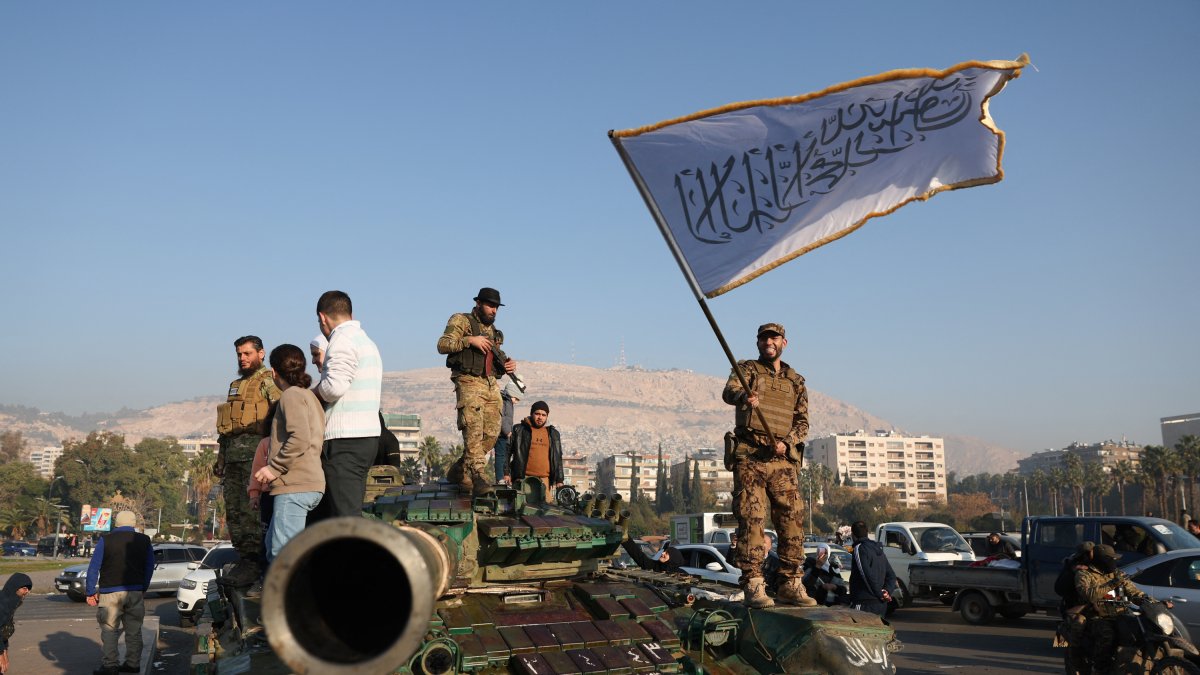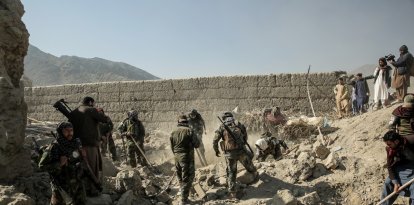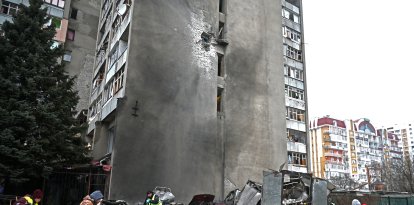Ukraine supplied drones to Syrian rebels to counter Russian influence
The General Intelligence Directorate of Ukraine provided approximately 150 drones and 20 experienced operators to the Syrian terrorist group Hayat Tahrir al-Sham.

Islamist terrorists in Damascus after overthrowing the Assad regime.
New reports reveal that Ukraine played a "modest" role in the fall of Bashar Assad's regime by supplying weaponry and logistical support to Syrian rebels. This move is part of a larger strategy to counter Russian influence in the Middle East.
Sources familiar with Ukrainian military activities abroad revealed that the General Intelligence Directorate of Ukraine (GUR) provided approximately 150 drones and 20 experienced operators to an Idlib-based headquarters of the Hayat Tahrir al-Sham (HTS) rebel group. This covert support, according to The Washington Post, may have aided in the rebels' recent advances and, ultimately, the fall of the Assad regime.
Ukraine's decision to get involved in the Syrian conflict is part of a strategy to discredit Russia and divert Moscow's attention from the war in Ukraine. By supporting the Syrian rebels, Kiev seeks to weaken one of Russia's main allies in the Middle East.
Ukraine's other international operations
Ukraine has conducted other operations on the international stage to weaken Russia and its allies. One example is the attack on the Wagner Group mercenaries in Mali in July 2023, where Ukrainian intelligence provided crucial support to Malian rebels, resulting in the deaths of several Russian mercenaries. Andriy Yusov, spokesman for Ukraine's General Intelligence Directorate, openly praised this operation, underlining Ukraine's commitment to pursue "Russian war criminals" anywhere in the world.
Impact of the fall of Assad for Russia
The fall of the Assad regime has been a considerable setback for Russian President Vladimir Putin. Experts in the field have pointed out that the loss of its only ally in the Middle East has damaged the Kremlin's reputation on the world stage, complicating Putin's position in future negotiations on Ukraine.
Tatiana Stanovaya of the Carnegie Russia Eurasia Center opined: "The key issue is how Moscow will now try to adapt to the new realities and whether it will have enough flexibility to deal with the new masters of Syria, who seem to be interested in avoiding conflict with Moscow for now."
However, Stanovaya also suggested that Putin might harden his negotiation stance to avoid showing weakness. "Assad’s collapse has also shaken Putin, making him less inclined to demonstrate flexibility with Ukraine," she said. "The war in Ukraine has, to some extent, cost him Syria, which reinforces his unwillingness to compromise."

























